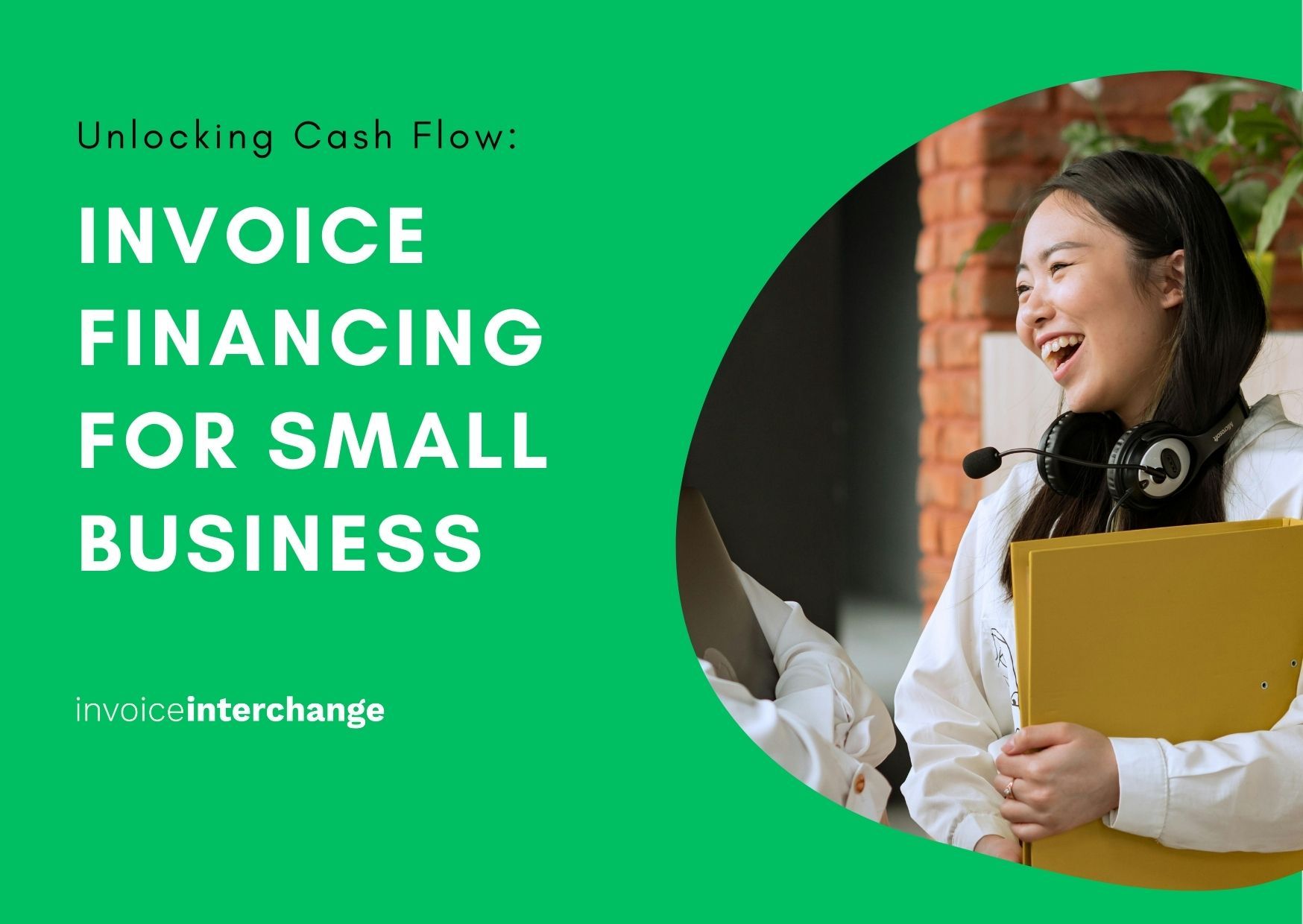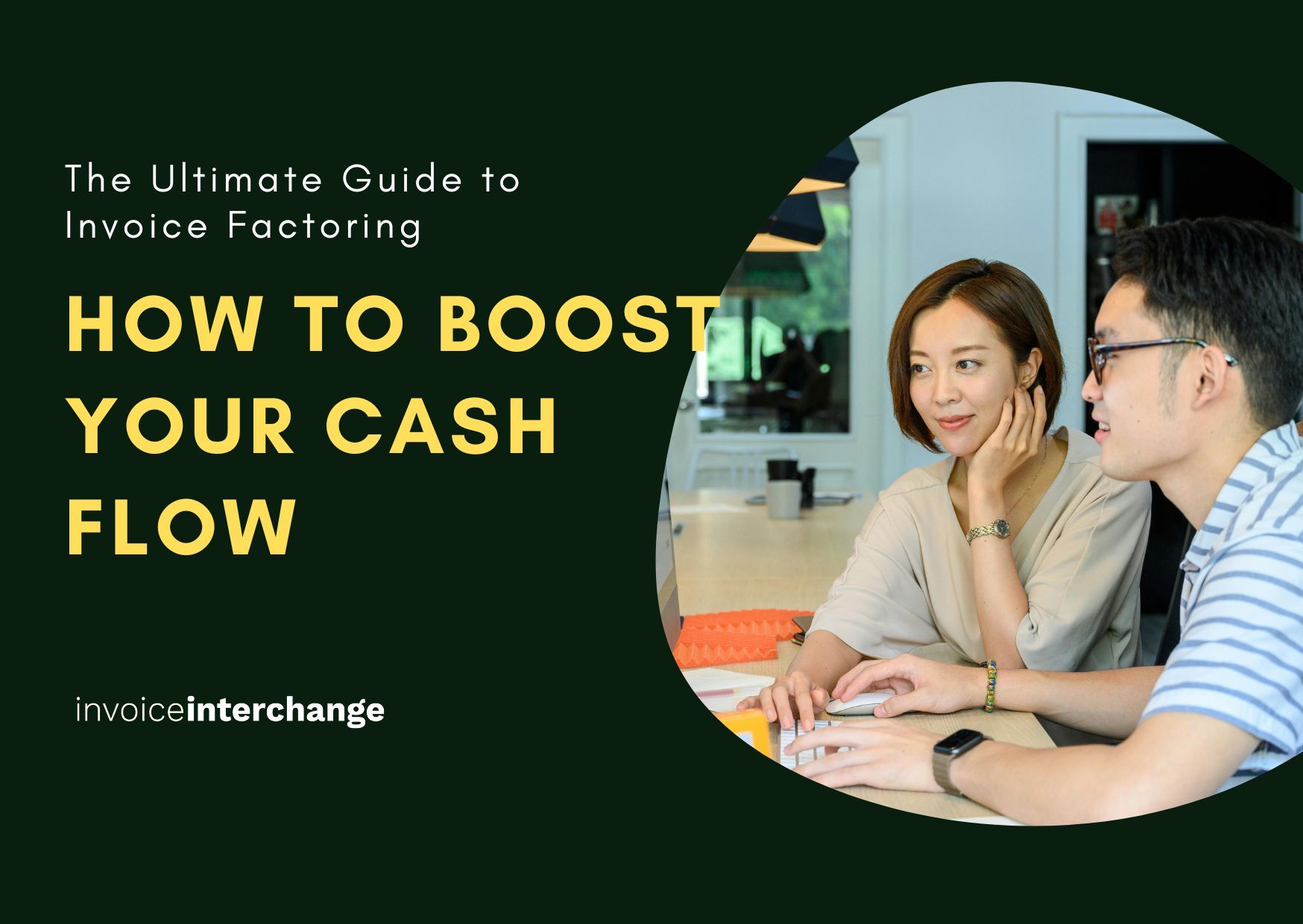
The Benefits of Invoice Financing: Boost Your Business Cash Flow
Invoice financing is a way for businesses to generate cash quickly by borrowing against their accounts receivable. It’s an alternative to traditional bank loans or credit lines for companies that can’t access them. Invoice financing is also known as “accounts receivable financing” or “receivables financing”. Let’s go through how invoice finance can boost your business cash flow.
How it differs from traditional financing arrangements
Invoice financing uses an invoice or invoices as collateral to get a loan from a financing company. Key differences between invoice financing and traditional business loans or overdrafts include faster approval and more efficient working capital solutions.
How Invoice Financing is Structured
Understanding the financing arrangement
An invoice financing arrangement involves three parties: the business, the customer, and the financial services company. The business receives a cash advance from the financial company, and when the business gets paid, it sends the original loan amount back to the financial company, along with interest.
Types of receivables financing: invoice factoring and accounts receivable financing
There are three main types of receivables financing: invoice financing, invoice factoring, and receivables-based line of credit. Invoice financing provides a cash advance against one or more outstanding invoices. Invoice factoring is similar to invoice financing, but the financial company buys the invoice and assumes responsibility for collecting payment.
Benefits of Invoice Financing
Unlocking capital trapped in unpaid invoices to improve cash flow
Having access to short-term liquidity can be a game-changer for businesses. Invoice financing provides financial flexibility precisely when you need it, whether facing unexpected expenses, seasonal fluctuations, or day-to-day operations.
Accessing funds to capitalise on new business opportunities
Having the financial means readily available through an invoice financing loan in Singapore can make all the difference in pushing your business forward. Whether it’s expanding your product line or entering new markets, invoice financing can provide the necessary funds.
Flexibility to finance invoices as and when needed
Invoice financing offers a high degree of flexibility, allowing you to choose which invoices to factor in. You’re not bound to finance all your invoices; instead, you can tailor the solution to your specific cash flow needs.
Short-term capital injection or top-up to bank financing
Have a short-term capital injection when you’re facing a cash flow gap, so you can overcome financial hurdles seamlessly. It can even complement your existing bank arrangements, providing additional working capital.
Qualifying for Invoice Financing
Businesses with a minimum of six months of operation history and have at least one creditworthy customer are eligible to apply for invoice financing. At InvoiceInterchange, we have simplified onboarding process and able to receive an indicative offer in less than 72 hours.
Benefits of Invoice Financing
Invoice financing offers several benefits for businesses, including immediate access to cash tied up in unpaid invoices, which improves cash flow and helps meet financial obligations without waiting for clients to pay. This financial solution reduces the need for costly borrowing, mitigates cash flow disruptions, and allows businesses to maintain smooth operations. Additionally, it enables companies to invest in growth opportunities, manage expenses more effectively, and reduce the administrative burden of chasing late payments, ultimately enhancing financial stability and operational efficiency.
Example of How Invoice Financing Work
Imagine a wholesale company, Wholesale Supply Co., which sells goods to various retailers. They typically issue invoices with 30-day payment terms. However, they often face cash flow challenges because their clients delay payments, impacting their ability to pay suppliers, staff, and other operational expenses.
To address this, Wholesale Supply Co. decides to use invoice financing. Here’s how it works for them:
Issuing an Invoice: Wholesale Supply Co. delivers a large order of goods to a retailer and issues an invoice for $50,000, with payment due in 30 days.
Selling the Invoice: Instead of waiting 30 days for the retailer to pay, Wholesale Supply Co. sells this invoice to an invoice financing company (also known as a factor). The financing company agrees to advance 85% of the invoice value immediately, which amounts to $42,500.
Receiving Immediate Funds: Wholesale Supply Co. receives the $42,500 within a few days, providing them with the cash they need to cover their expenses and continue operations without interruption.
Collection and Settlement: When the retailer eventually pays the $50,000 invoice on the 30th day, the payment goes directly to the invoice financing company.
Deducting Fees and Final Payment: The invoice financing company deducts its fee for the service, typically around 2-4% of the invoice value. Assuming a 3% fee, the cost would be $1,500. The financing company then releases the remaining $6,000 ($50,000 – $42,500 – $1,500) to Wholesale Supply Co.
By using invoice financing, Wholesale Supply Co. effectively mitigates the cash flow problems caused by late payments, ensuring they have the necessary funds to keep their business running smoothly and grow.
Related Articles

Unlocking Cash Flow: Invoice Financing for Small Businesses

The Ultimate Guide to Invoice Factoring: How to Boost Your Cash Flow
